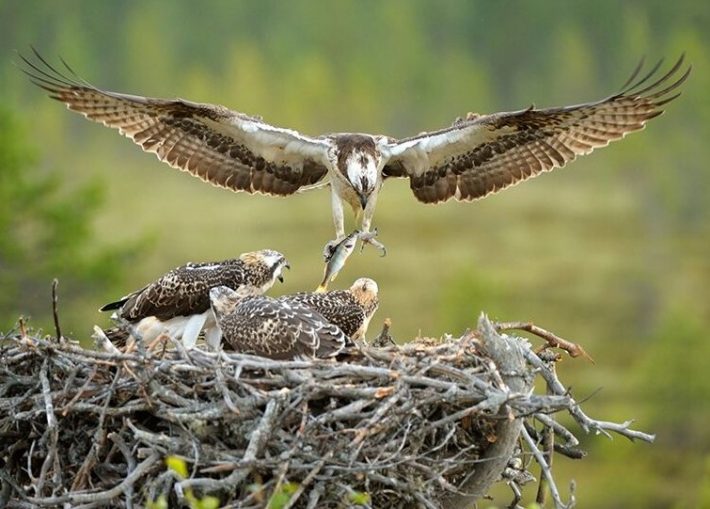Designated Landscapes Review: Call for Evidence
Have your say on the future role National Parks and AONBs can play in connecting people with nature and helping wildlife to thrive!

The ‘Glover Review’ of National Parks and Areas of Outstanding Natural Beauty (AONBs) will make a series of recommendation to Defra, including on their alignment and contribution to the 25 Year Plan and how they can enhance the environment and biodiversity.
How will the BES respond?
The BES will answer the following questions in the call for evidence:
9. The role National Parks and AONBs play in nature conservation and biodiversity?
a) Could they do more to enhance our wildlife and support the recovery of our natural habitats?
10. The role National Parks and AONBs play in shaping landscape and beauty, or protecting cultural heritage?
11. The role National Parks and AONBs play in working with farmers and land managers and how might this change as the current system of farm payments is reformed?
12. The role National Parks and AONBs play in supporting and managing access and recreation?
15. The way they are governed individually at the moment? Is it effective or does it need to change, if so, how?
16. Whether they work collectively at the moment, for instance to share goals, encourage interest and involvement by the public and other organisations?
17. Their efforts to involve people from all parts of society, to encourage volunteering and improve health and well-being.
18. The way they are funded and how this might change.
19. The process of designation – which means the way boundaries are defined and changed.
20. Whether areas should be given new designations? For instance, the creation of new National Parks or AONBs, or new types of designations for marine areas, urban landscapes or those near built-up areas.
22. Are the terms currently used are the right ones? Would you suggest an alternative title for AONBs, for instance and if so what?
23. How designated landscapes work with other designations such as National Trails, Sites of Special Scientific Interest (SSSIs), Special Areas of Conservation (SACs), National Nature Reserves (NNRs) and Special Protected Areas (SPAs).
How you can help us?
You can help us develop our response by providing scientific evidence and you can contribute in a number of ways:
• Send us research papers to answer particular questions.
• Send us comments as paragraphs or bullet points to answer particular questions – supported by references.
• We are also happy to arrange a phone call with you and take notes if that is easier.
If you are interested in shaping the BES response, please send your evidence, the latest reports or papers by email to Sara Brouillette at sara@britishecologicalsociety.org
Please can we have your responses back by Friday, 30 November 2018.
Like what we stand for?
Support our mission and help develop the next generation of ecologists by donating to the British Ecological Society.